Microbiology
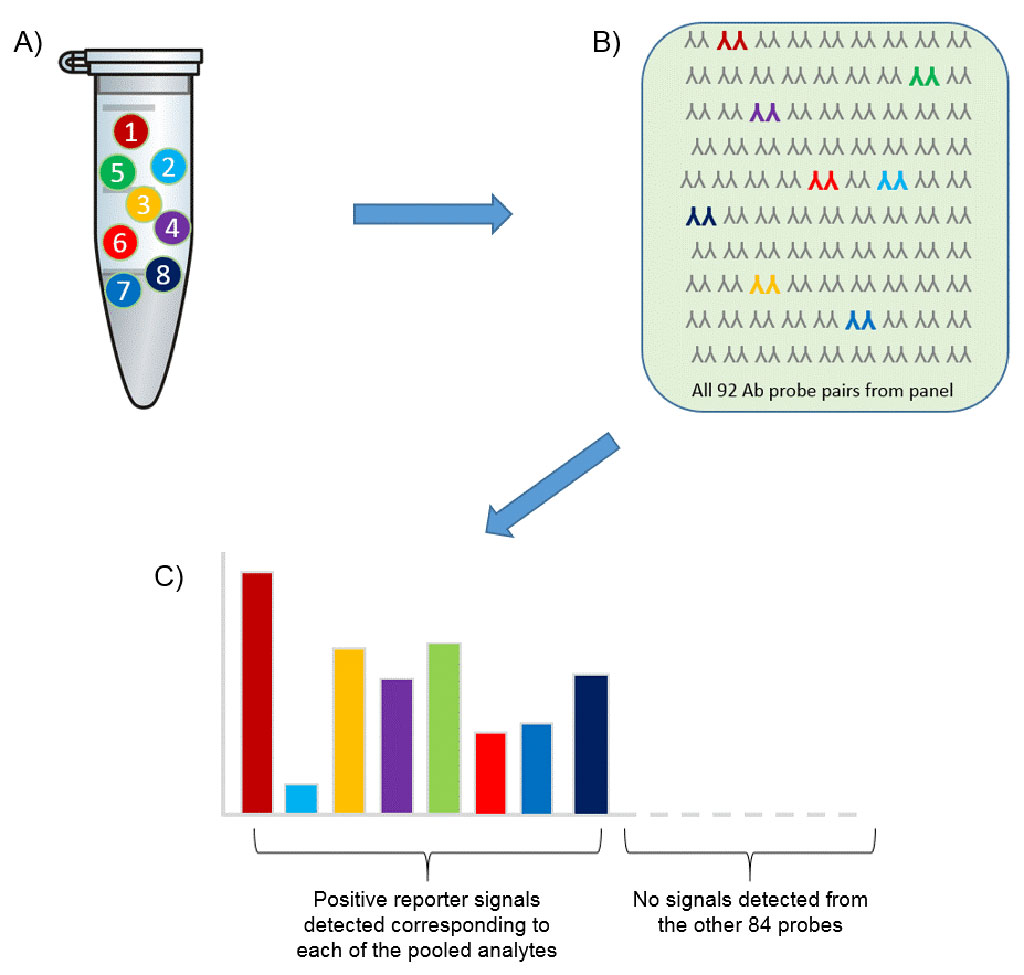
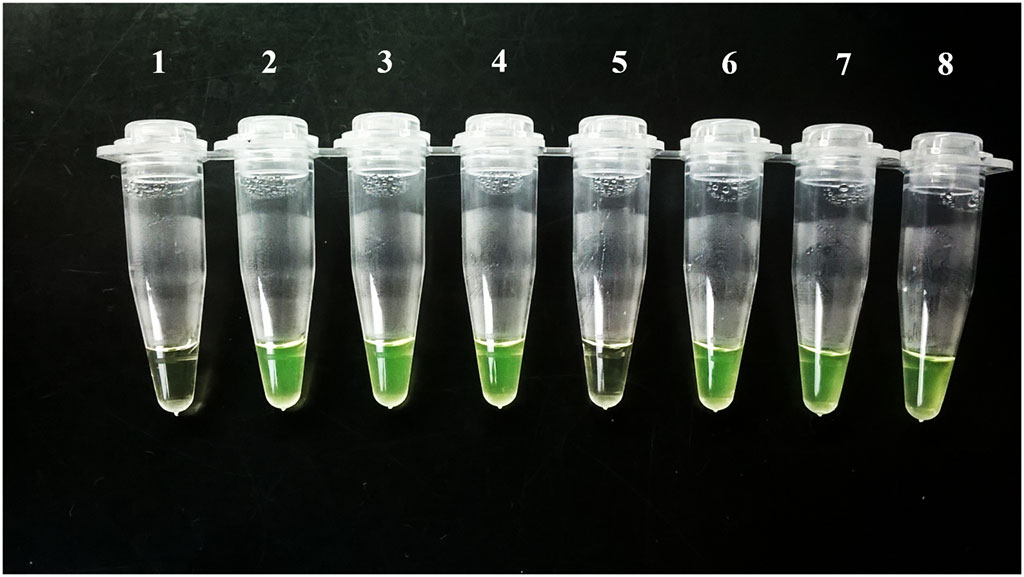
Loop-Mediated Isothermal Amplification Kit Detects Chagas Disease
Chagas disease (CD), also known as American trypanosomiasis, is a neglected tropical disease caused by the protozoan parasite Trypanosoma cruzi that affects about six to seven million people worldwide, mainly in endemic areas of 21 Latin American countries. More...07 Sep 2020
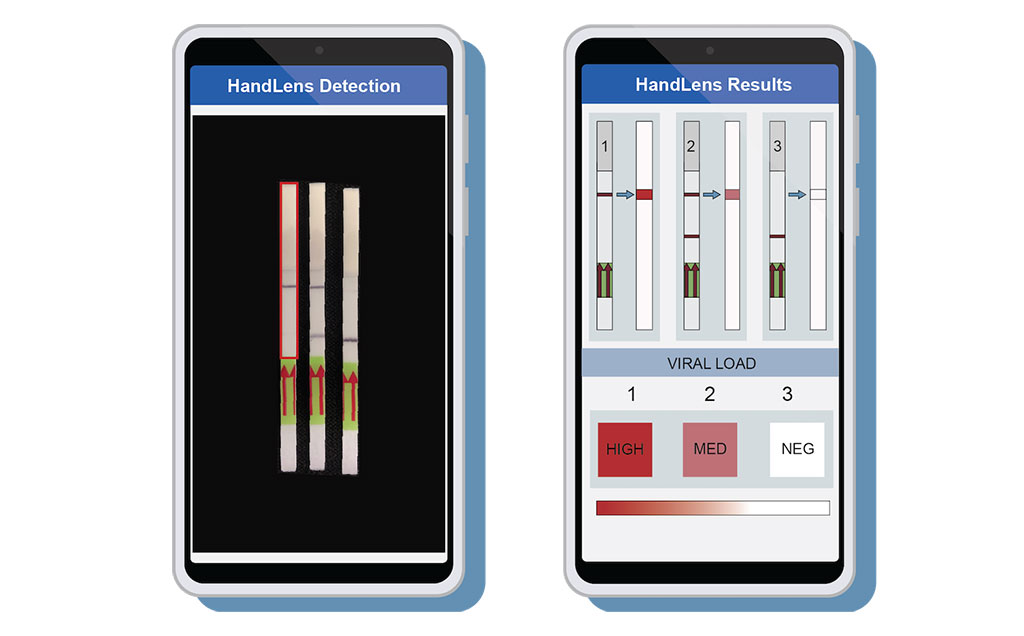
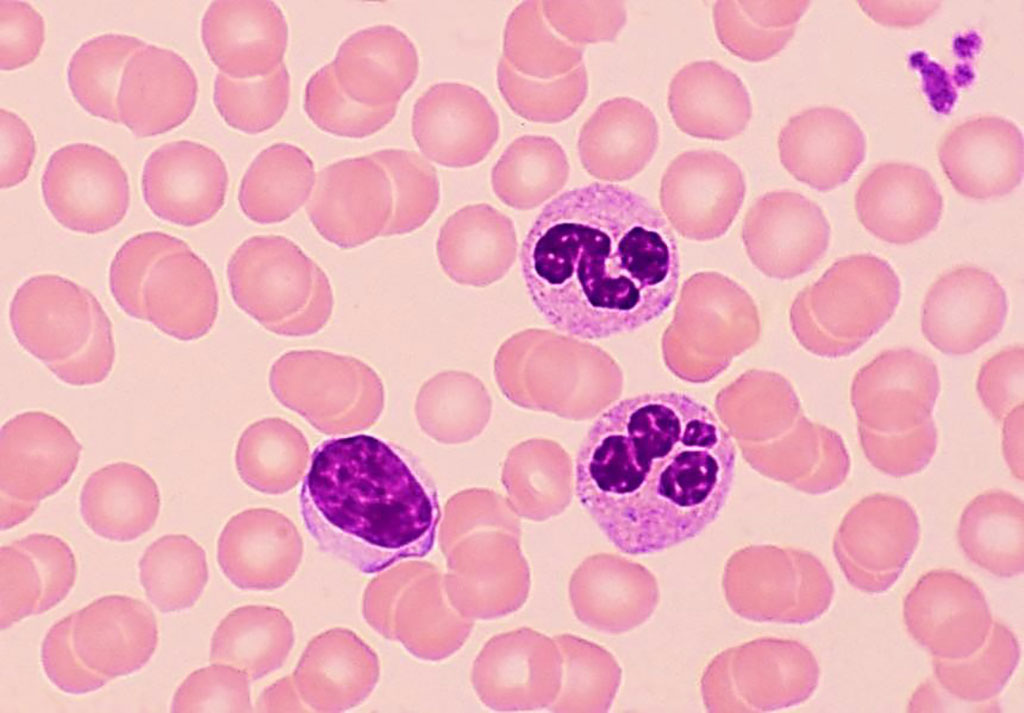
Lymphocyte Count Correlated to Comorbid Diabetes and COVID-19
The coronavirus disease (COVID-19) that erupted in China since December 2019 and has gradually spread throughout the world. At present, it has caused tens of thousands of deaths, and the efficacy of certain antiviral drugs is still under review. More...03 Sep 2020
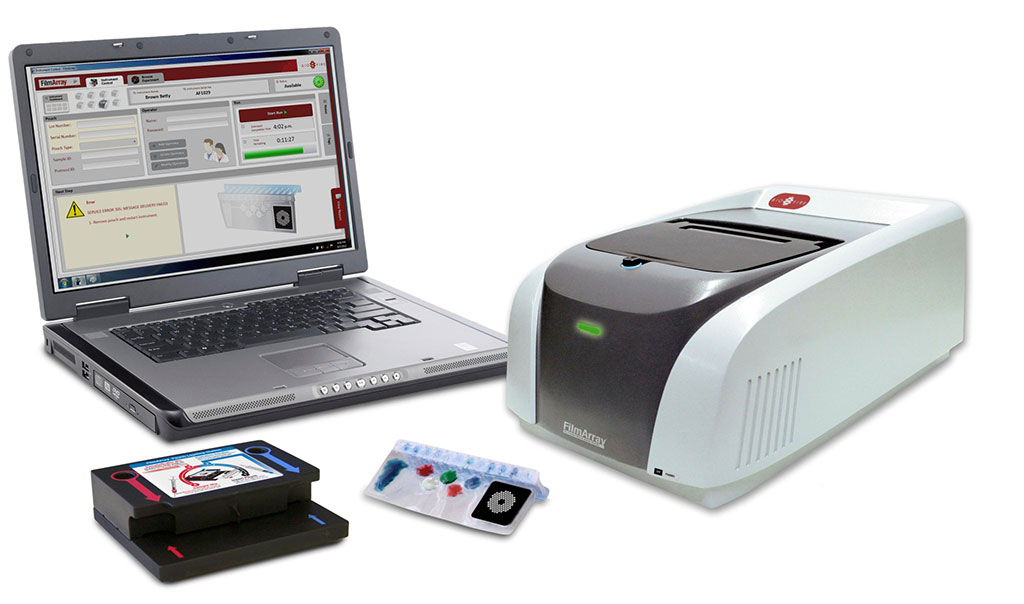
Traveler's Diarrhea Among Soldiers Linked to Gut Microbiome Changes
Travelers’ diarrhea (TD) is the most prevalent illness encountered by deployed military personnel and has a major impact on military operations, from reduced job performance to lost duty days. Frequently, the etiology of TD is unknown and, with underreporting of cases, it is difficult to accurately assess its impact. More...26 Aug 2020
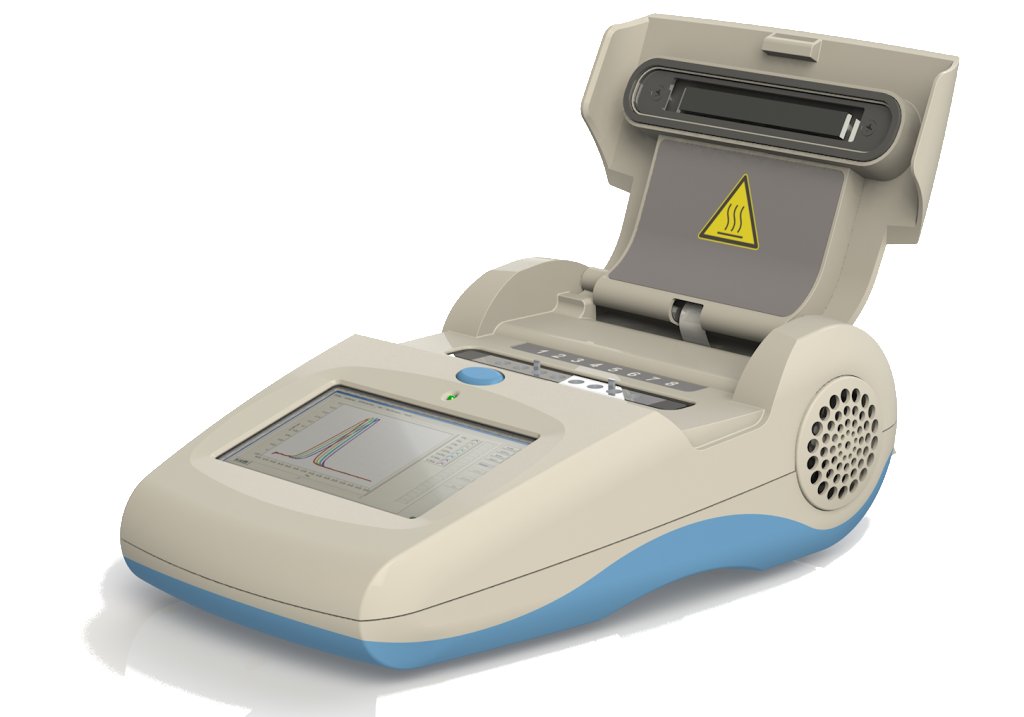
Loop-Mediated Isothermal Amplification-Assay Rapidly Diagnoses COVID-19
The SARS-CoV-2 (COVID-19) pandemic of 2020 has resulted in unparalleled requirements for RNA extraction kits and enzymes required for virus detection, leading to global shortages. This has necessitated the exploration of alternative diagnostic options to alleviate supply chain issues. More...25 Aug 2020
![This photomicrograph of a Gram-stained urethral smear specimen, reveals some of the histopathology in an acute case of gonococcal urethritis, caused by the Gram-negative bacterium, Neisseria gonorrhoeae. (Image courtesy of [U.S.] Centers for Disease Control and Prevention\'s Public Health Image Library) This photomicrograph of a Gram-stained urethral smear specimen, reveals some of the histopathology in an acute case of gonococcal urethritis, caused by the Gram-negative bacterium, Neisseria gonorrhoeae. (Image courtesy of [U.S.] Centers for Disease Control and Prevention\'s Public Health Image Library)](https://globetechcdn.com/mobile_labmedica/images/stories/articles/article_images/2020-08-17/GMS096B.jpg)
Diagnostic Test Identifies Resistance Mutation that Enables Use of Inexpensive, Single Dose Gonorrhea Drug
By detecting the mutated gene responsible for resistance to the drug ciprofloxacin, it is possible to identify gonorrhea patients who can be cured by a single oral dose of this drug. More...17 Aug 2020
In Other News
Host Genetic, Environmental Factors Influence Urinary Tract Microbiome
Serological Dipstick Assay Developed for Melioidosis
Lipocalin 2 Proposed as Biomarker for Bacterial Meningitis
Eosinophil Count Provides Diagnostic Information for COVID-19
Endotheliopathy Assessed in COVID-19-Associated Coagulopathy
Methods Compared Classifying Intensity of Soil-Transmitted Helminth Infections
Type 2 Diabetes Associated with Arrhythmic Daily Gut Microbe
Automated Fluorescent Microbial Cell Counter Detects Urinary Tract Infection
Pneumonia Panel Evaluated for Lower Respiratory Tract Infection
Blood Group Locus Contributes to COVID-19 Severity Risk
Gut Microbiome Dysbiosis Characterized in Parkinson’s Disease
Isothermal Amplification Method Used to Detect Salmonella Subtypes
Certain Cytokines Not Associated with Severity of COVID-19 Symptoms
Presepsin Values Evaluated as Sepsis Severity Markers
Two Serodiagnostic Tests Compared for Loiasis in Non-Endemic Area
Fidget Spinner Rapidly Detects Urinary Tract Infections
Tumor Microbiome Appears to Vary with Cancer Type
Serological Exposure Markers Developed for Vivax Malaria
Commercial SARS-CoV-2 Molecular Diagnostics Tests Compared
Changes in Bacterial Load and Serum Cytokine Levels Predict Likelihood of Dying from Sepsis
Global Spread of the Multi-Resistant Pathogen Stenotrophomonas Maltophilia Revealed
Cytokine Signatures of Tertian Malaria Infection Profiled During Pregnancy
New Blood Test Can Determine When an Individual Was Exposed to a Pathogenic Microorganism
The LabMedica Microbiology channel provides the latest news in the fields of epidemiology, bacteriology, virology, and parasitology, all viewed from the unique perspective of Laboratory Medicine.










